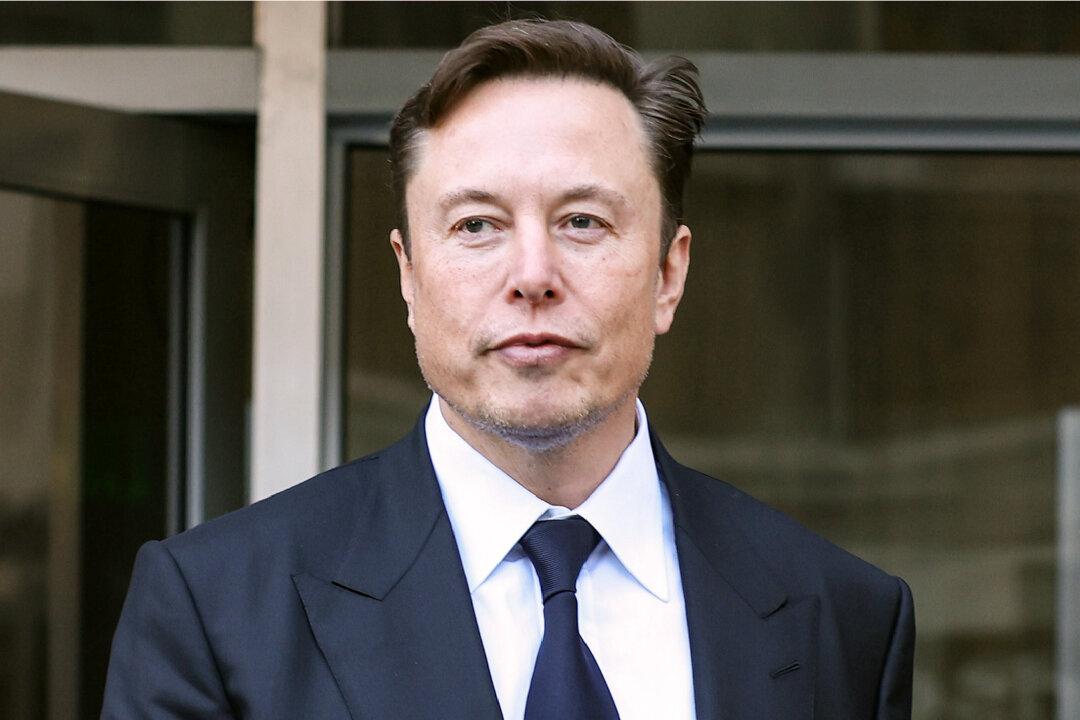Twitter CEO Elon Musk has joined dozens of artificial intelligence (AI) experts and industry executives in signing an open letter calling on all AI labs to “immediately pause” training of systems more powerful than Chat GPT-4 for at least six months.
The letter, issued by the non-profit Future of Life Institute, has been signed by more than 1,100 individuals, including Apple co-founder Steve Wozniak, Stability AI founder and CEO Emad Mostaque, and engineers from Meta and Google, among others.




